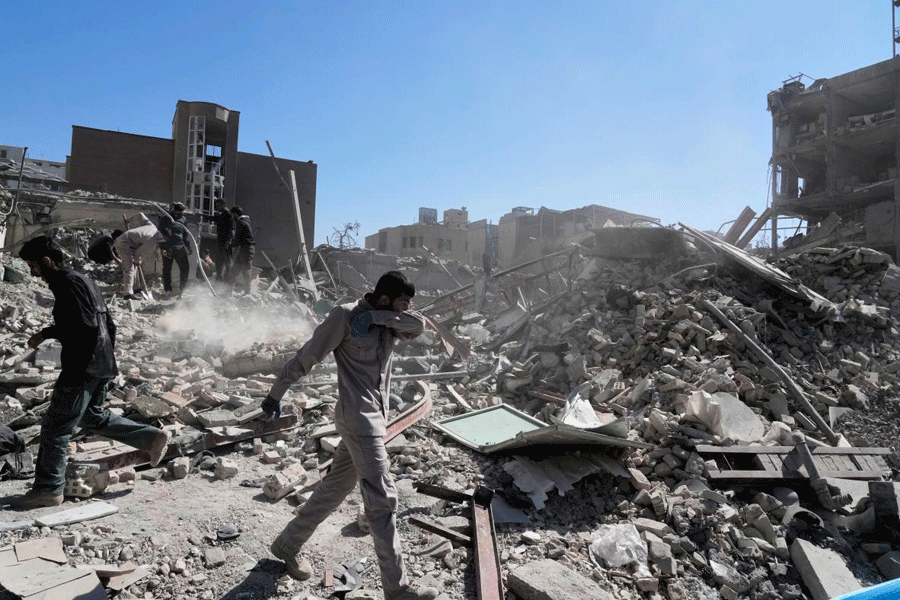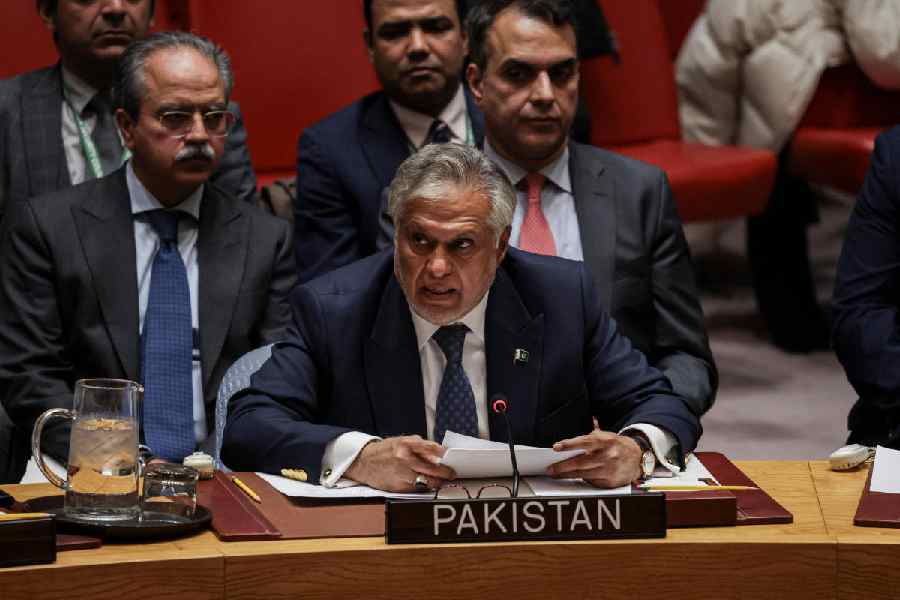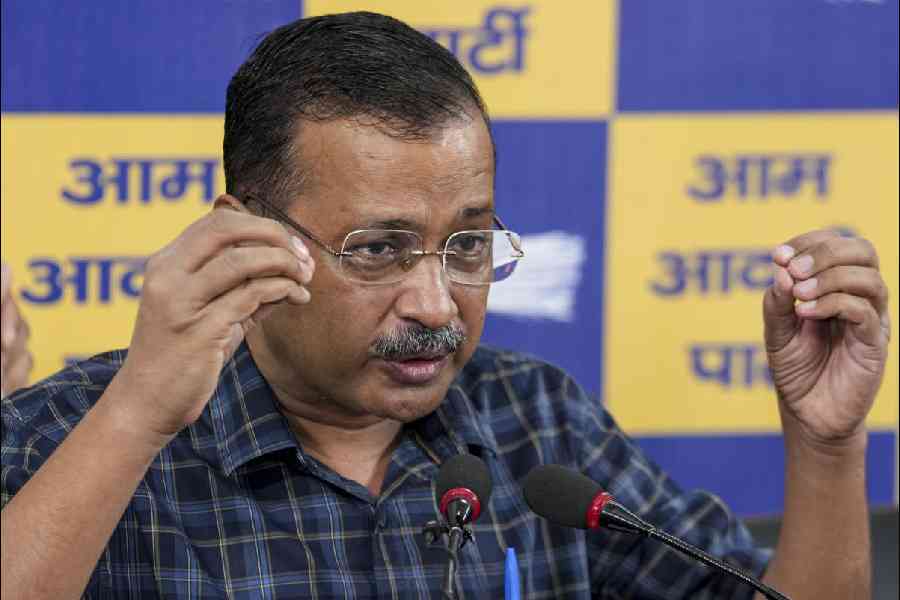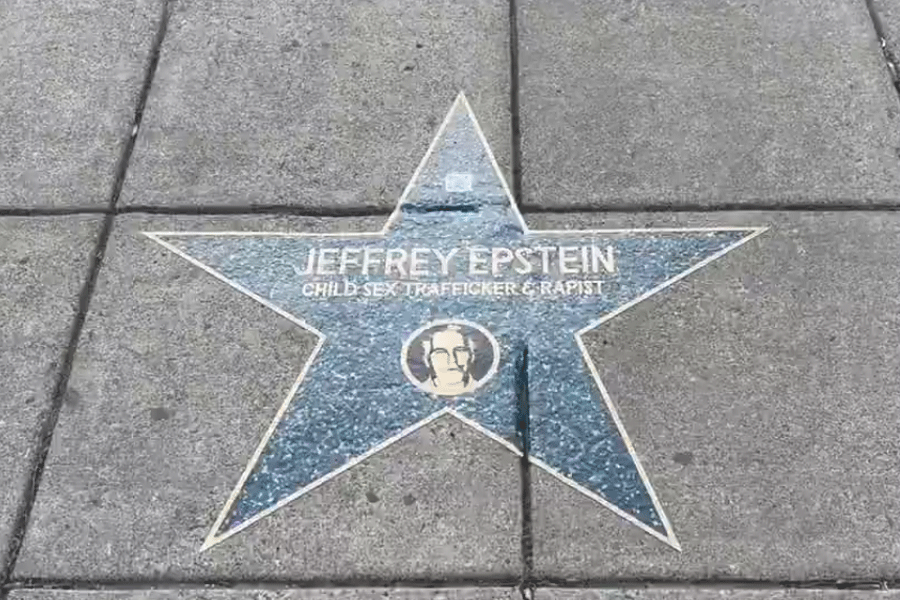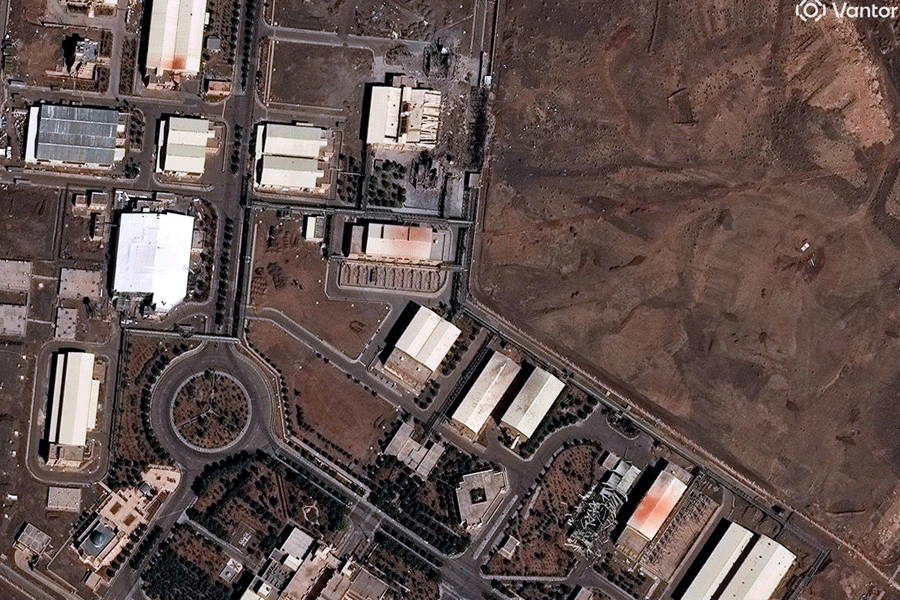 |
| Lakshman Seth (centre) and wife Tamalika (right) in a victory procession. Picture by Pradip Sanyal |
Calcutta, July 25: The victory in Haldia will add steam to the government’s industrialisation drive, in slow-motion following the resistance in Singur and Nandigram, but Niru-pam Sen said efforts for a political consensus over the proposed chemical hub and special economic zones will continue.
CPM state secretary Biman Bose indicated that the party and the government would move cautiously on the chemical hub.
The caution, apparently, is in view of the Left Front partners’ reservations. “It’s a people’s verdict in favour of industry. But I can’t say whether it is a mandate for this specific industry. It’s the government’s job to decide where the chemical hub would come up,” Bose said.
Industries minister Sen refused to consider the Haldia poll a referendum in support of industrialisation in general or the chemical hub and said the government would soon write to all political parties — allies included — to dispel their misgivings over the hub.
“The people of Haldia knew the benefits of industrialisation and did not harbour any fear about the hub. They are living with chemical industries. There was no Nandigram effect on the Haldia poll. Moreover, the importance of a municipal poll outcome can’t be generalised too much. The result could have gone against us also. We’ll still try to evolve a political consensus,’’ Sen told The Telegraph.
However, he did add: “If the Opposition learns a lesson from this poll, it would be better for the state. Otherwise, we would have to move ahead despite their opposition.”
The Centre has not fixed a deadline by which to apply for the hub but the chief minister is trying to speed up the process so that Bengal does not miss the bus, the minister said.
He also hinted at a flexible policy on land acquisition for the hub, close to the Haldia port. “There is no stipulation in the central petrochemical and petroleum investment region policy that the hub would be built on contagious land. We’ll see if it can be built in separate clusters, linked through network of roads and other infrastructure.’’
He also said the hub would be divided into export-oriented SEZ and non-SEZ areas meant for chemical companies interested in domestic markets.
Around 10,000 acres would be acquired for the hub. Sen insisted that the stalled land ceiling bill would not stand in the way.
The land would be leased to the “special purpose vehicle” or the joint venture company to be floated by the West Bengal Industrial Development Corporation and the New Calcutta International Development company, a consortium led by the Indonesian Salim Group.
“The two would be equal partners in the joint company and the land would be leased out to it. Since government agencies are entitled to hold ceiling-surplus land, the delay over the bill would not affect the hub,’’ Sen said.
The same method would be applied to get around the problem in the case of the SEZs.
“The SEZs approved by the Centre and those that have already come up have not faced land ceiling problems so far,” Sen said.
But the new ones, “which have received the Centre’s in-principle approval”, could run into rough weather if the developers buy land directly, Sen added. “It will be a problem for us to approve the land-holding. That’s why our policy insists on land acquisition by the government. If necessary, the government will buy land directly and lease it out as in case of the Jai Balaji Group’s proposed steel plant in Purulia,’’ Sen explained.





